Related Research Articles

Émile Maximilien Paul Littré was a French lexicographer, freemason and philosopher, best known for his Dictionnaire de la langue française, commonly called le Littré.
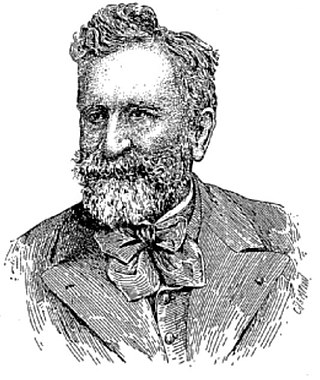
Marie Henri d'Arbois de Jubainville was a French historian, philologist and Celtic scholar.

Jean-Barthélemy Hauréau was a 19th-century French historian, journalist and administrator.
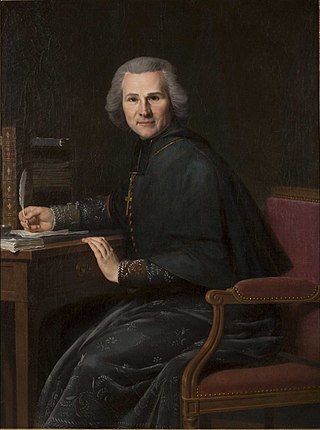
Henri Jean-Baptiste Grégoire, often referred to as the Abbé Grégoire, was a French Catholic priest, constitutional bishop of Blois and a revolutionary leader. He was an ardent slavery abolitionist and supporter of universal suffrage. He was a founding member of the Bureau des longitudes, the Institut de France, and the Conservatoire national des arts et métiers.
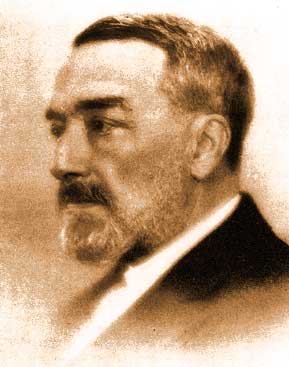
Salomon Reinach was a French archaeologist, religious historian and was a major figure in the Franco-Jewish establishment in the late nineteenth and early twentieth centuries. He was vice president of the most important contemporary Jewish organization, the Alliance Israelite Universelle, and a founder of the Jewish Colonization Association.

Louis Moréri was a French priest and encyclopedist.

Charles Adolphe Wurtz was an Alsatian French chemist. He is best remembered for his decades-long advocacy for the atomic theory and for ideas about the structures of chemical compounds, against the skeptical opinions of chemists such as Marcellin Berthelot and Henri Étienne Sainte-Claire Deville. He is well known by organic chemists for the Wurtz reaction, to form carbon-carbon bonds by reacting alkyl halides with sodium, and for his discoveries of ethylamine, ethylene glycol, and the aldol reaction. Wurtz was also an influential writer and educator.
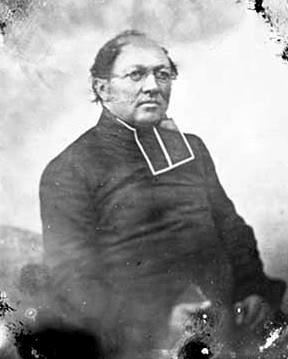
Joseph Crétin was the first Roman Catholic Bishop of Saint Paul, Minnesota. Cretin Avenue in St. Paul, Cretin-Derham Hall High School, and Cretin Hall at the University of St. Thomas are named for him.

Sir Gaston Camille Charles Maspero was a French Egyptologist known for popularizing the term "Sea Peoples" in an 1881 paper.

Jean-Pierre Camus was a French bishop, preacher, and author of works of fiction and spirituality.

Joseph Ignatius Ritter was a German historian. He pursued his philosophical and theological studies at the University of Breslau, was ordained priest in 1811, and for several years was engaged in pastoral work.
Camillo Tarquini was an Italian Cardinal, Jesuit canonist and archaeologist.

Charles-Joseph de Harlez de Deulin was a Belgian Orientalist, domestic prelate, canon of the cathedral of Liège, and member of the Academie Royale of Belgium, who studied and translated the Zoroastrian holy texts.
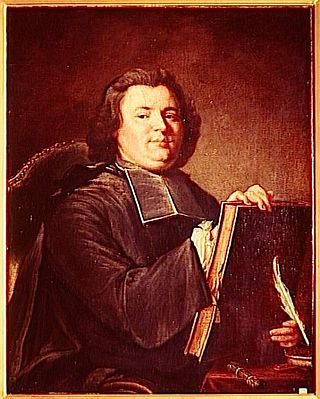
Nicolas-Sylvestre Bergier was a French Catholic theologian, known for his engagement with the atheist philosophes of eighteenth-century France.
Hyacinthe de Valroger, CO, was a French Catholic priest and Oratorian.
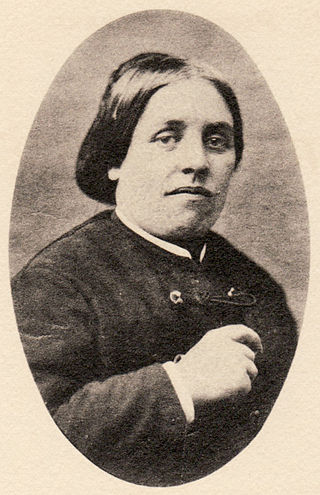
Amélie Rose Françoise Gex was a Savoyard writer and poet who created works in French and Franco-Provençal (Arpitan). Until 1880, she published most of her writings under the pen name Dian de la Jeânna.
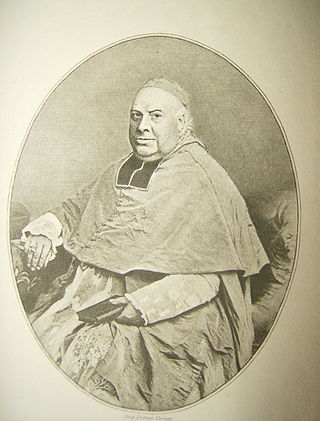
Jacques-Marie-Adrien-Césaire Mathieu (1796–1875) was a French cardinal of the Roman Catholic Church and archbishop of Besançon.
Jean-Gabriel-Honoré Greppo was a French canon remembered for his research in the fields of archaeology and Oriental studies. He was related to canon Jean-Baptiste Greppo (1712–1767), known for his archaeological investigations of ancient Lyon.
Louis René Boulanger (1860–1917) was a French academic painter who specialized in landscapes and still lifes.

Paul Guérin was a French priest, professor of philosophy, writer and encyclopedist. He was gifted as a compiler, and is best known for being the author of the series Les Petits Bollandistes: vie des saints, with fifteen volumes (1866–1869) that were republished several times.
References
- Polybiblion, XXIX, 1880, p. 375-76
![]() This article incorporates text from a publication now in the public domain : Herbermann, Charles, ed. (1913). "Joseph-Alexander Martigny". Catholic Encyclopedia . New York: Robert Appleton Company.
This article incorporates text from a publication now in the public domain : Herbermann, Charles, ed. (1913). "Joseph-Alexander Martigny". Catholic Encyclopedia . New York: Robert Appleton Company.